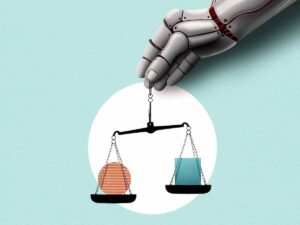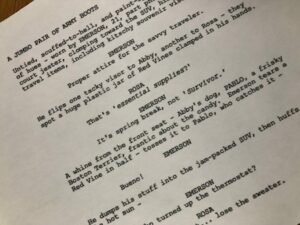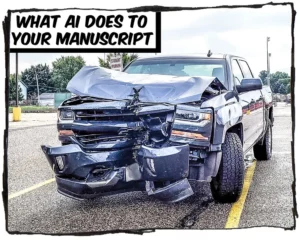Unlocking the Future: The AI Essay Writers of 2025 That Could Change Your Academic Game Forever
- Proofreading (Often Allowed, But Check Policy): A proofreader’s job is to fix objective, surface-level errors. They are the final quality check after your work is already complete. They fix:
- Typos and spelling mistakes
- Incorrect punctuation (e.g., a comma instead of a period)
- Formatting errors (e.g., incorrect APA/MLA heading)
- Proofreading doesn’t change your ideas, your arguments, or your writing “voice.” It’s like cleaning a dirty window so the reader can see your work clearly. Most universities permit this, though some may require you to acknowledge the proofreader.
- Substantive/Copy Editing (Almost Always Misconduct): This is where you pay someone to fix the writing itself. This includes:
- Rewriting sentences for clarity, flow, or “sound”
- Changing your word choices to be more “academic”
- Reorganizing your paragraphs to make the argument stronger
- Fixing deep, complex grammatical errors (e.g., dangling modifiers, subject-verb agreement)
- If you submit this work as your own, you are committing a serious academic offense. You are claiming authorship for writing that is not yours. The “voice,” style, and clarity of the paper belong to the editor, not you.
Infographic: Is Your Grammar Help Allowed?













Post Comment